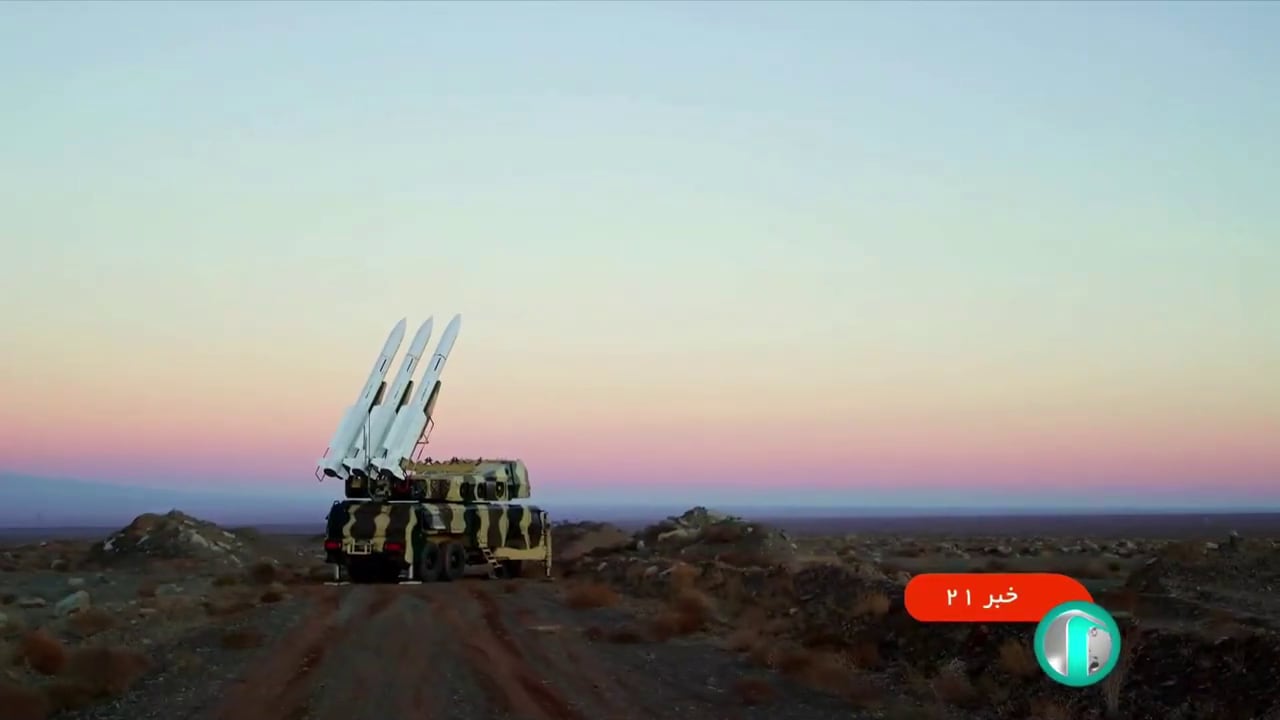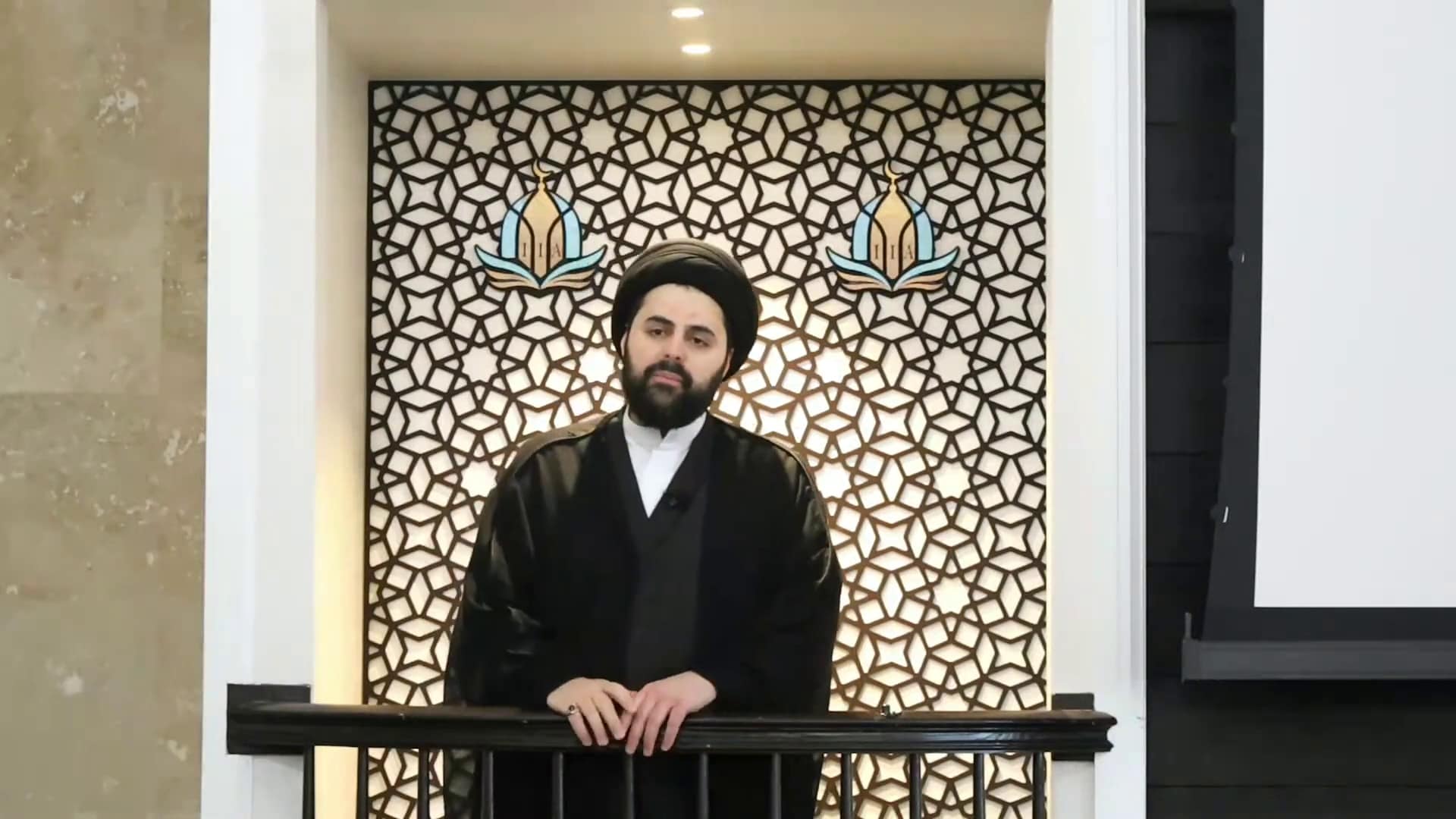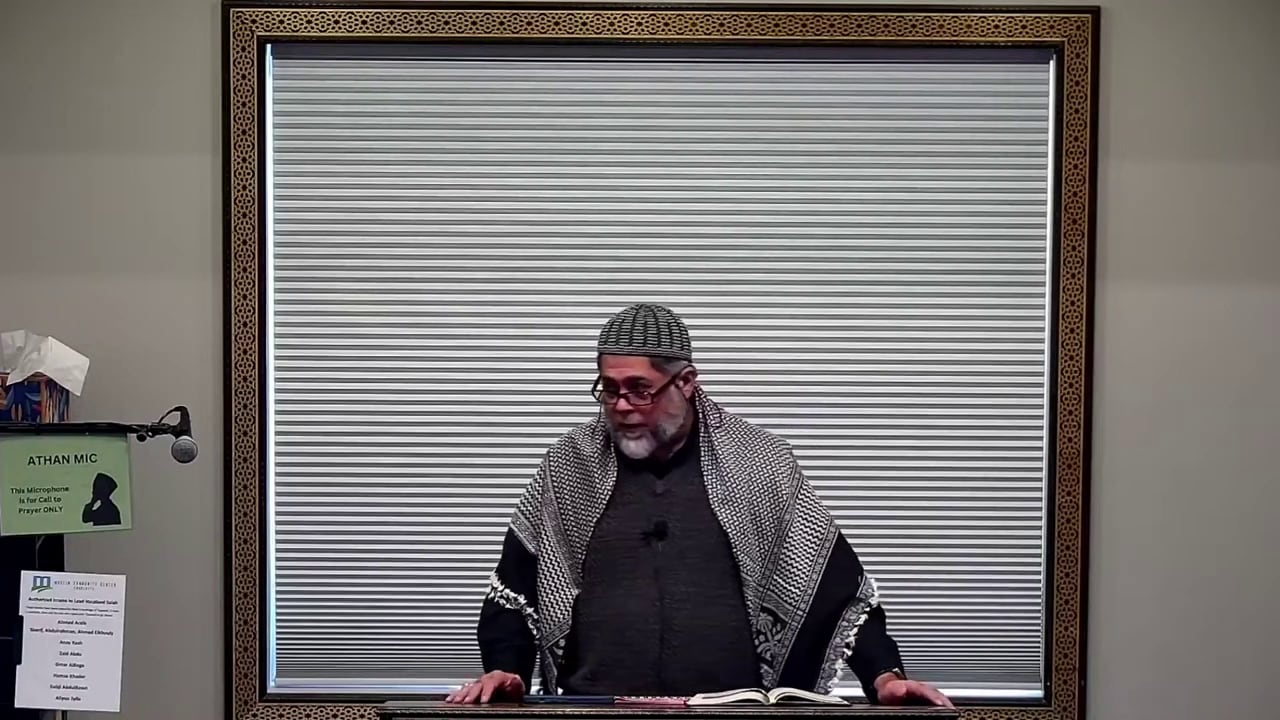
Former ISIS member Nour Al-Din Al-Hatimi, a Moroccan who returned to his country after becoming disillusioned with the Jihad in Syria, explained the mindset of foreign ISIS recruits who traveled to Syria in order to establish the Caliphate. Interviewed by Egyptian-German scholar Hamed Abdel-Samad on his "Box of Islam" TV show on June 24, Al-Hatimi recounted his encounter with the Syrian refugees in Turkey, who were cursing the revolution and saying that they did not want foreigners in their country, and with ISIS fighters on the Syrian-Turkish border. "Some of them told me that what is going on [in Syria] has nothing to do with Jihad, that Islam has no future and the Caliphate cannot be established on that land, because that enterprise is on the verge of bankruptcy." Al-Hatimi cited Western stereotypes and acts of brutality as motives leading Muslims to join ISIS, but said: "They fight the brutality that is employed against them with brutality no less ferocious."
Nour Al-Din Al-Hatimi: "[The ISIS recruits] wanted to establish the Caliphate, because they considered it a shelter and a utopian place of repentance, where the Muslims could unite and gather all their power, in order to fight the forces attacking them with violence."
Hamed Abdel-Samad: "But what did they actually encounter?"
Nour Al-Din Al-Hatimi: "The first thing that struck me was that the Syrian refugees in Turkey were cursing the revolution and everything that came with it. They were saying that they do not want foreigners coming into their country, and that it would have been better had [the volunteers] remained in their countries. They were saying that they had had enough of all the massacres, and that they only wanted to live a life of dignity with their families, and so on."
Hamed Abdel-Samad: "So the first myth – that you were going to Syria to support your brothers – was shattered, when the Syrians told you to get lost."
Nour Al-Din Al-Hatimi: "Yes, in this kind of language. After that, I went to the [Turkish-Syrian] border, and spent some time with people who had taken up arms and were fighting. Some of them told me that what is going on [in Syria] has nothing to do with Jihad, that Islam has no future and the Caliphate cannot be established on that land, because that enterprise is on the verge of bankruptcy. It is in a dark tunnel, leading to a dead end, and it is better for people to find other ways to build their glory. They should plow their own lands and bring about life rather than death.
[...]
"Our basic assumption is that the West has shamed and humiliated us, robbed us of our resources, and occupied our holy places, and that today, the Arab individual is worthless. In American films, this is the stereotypical Arab, and the Muslim is portrayed as culturally and morally bankrupt, and as someone whose honor is not respected. These Muslims are now saying: 'Enough!' They want to confront the West – in my opinion, at least. They want to shed the heaps of shame and humiliation that have stuck to them. They fight the brutality that is employed against them with brutality no less ferocious. When confronted with the argument that Islam is the exact opposite of their deeds, and that its moral values and culture run counter to what they are doing – they resort to [Islamic] heritage, and they quote texts that most Muslims do not hold in high regard. [ISIS] evokes those texts because it needs to legitimize its deeds."
Hamed Abdel-Samad: "Do you still dream today about the establishment of a true Caliphate?"
Nour Al-Din Al-Hatimi: "Personally, I believe that the Caliphate is an illusion, to be honest. I have studied this, and I have found that the hadiths claiming that the Caliphate is coming and that the future belongs to Islam are nothing but polemics, intended to generate controversy."













